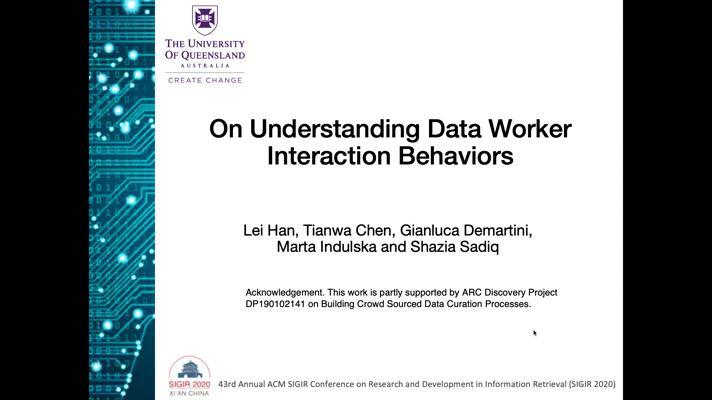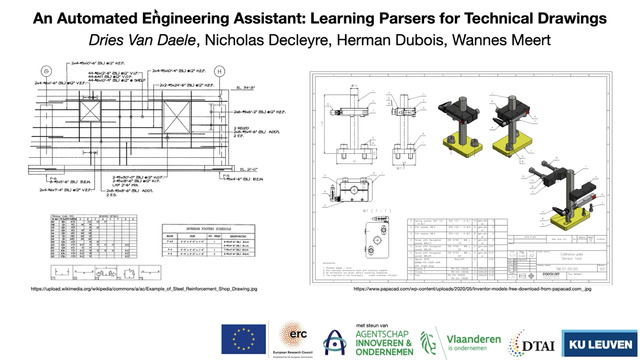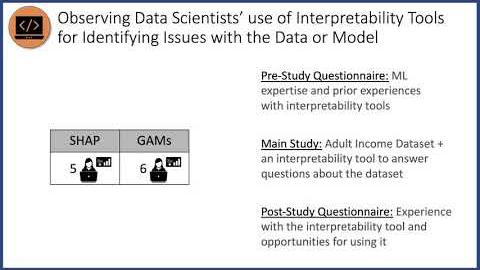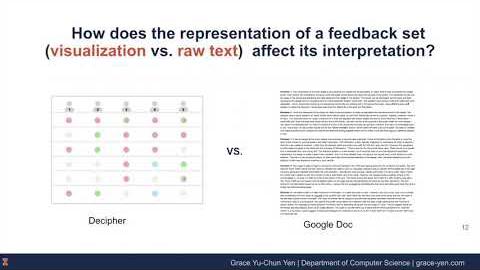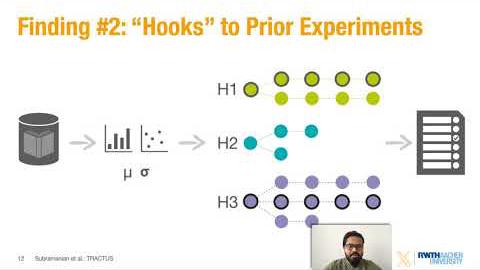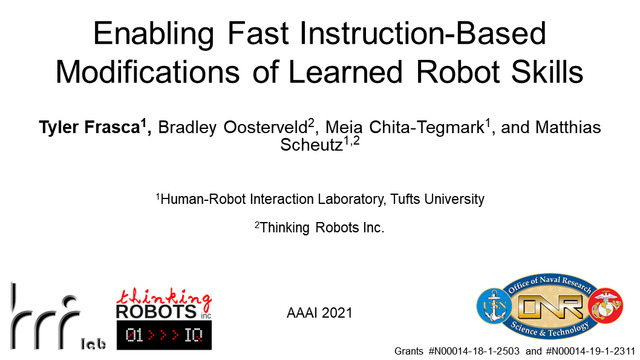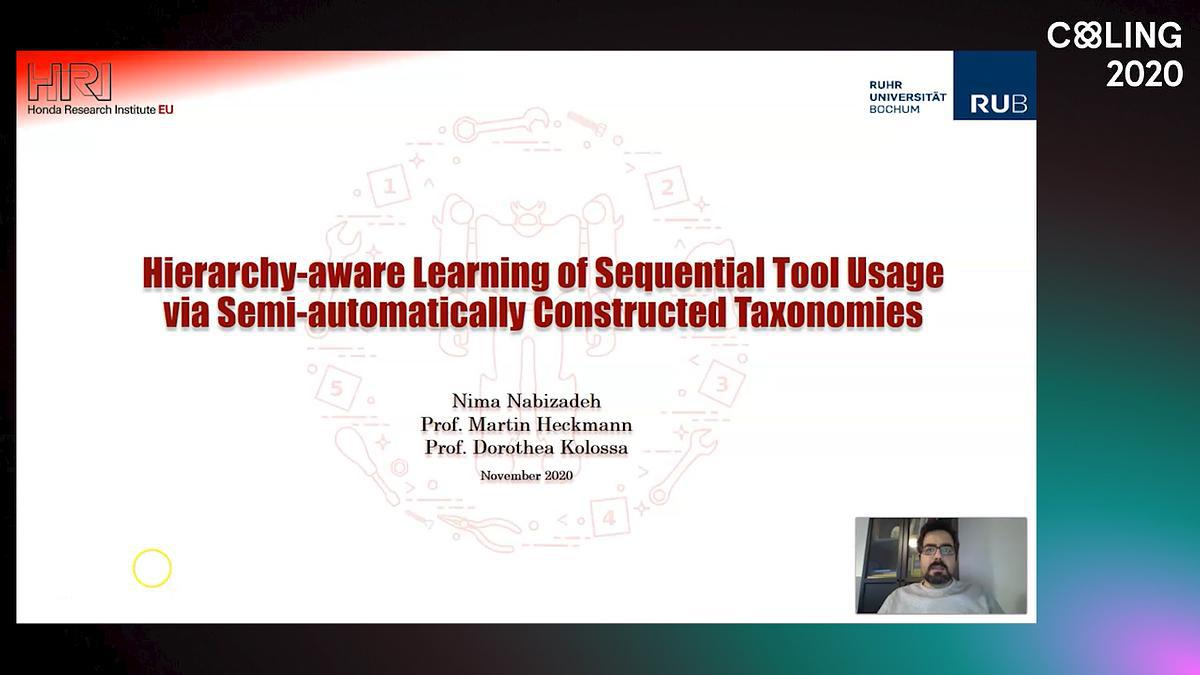Abstract:
Reverse engineering is a complex process essential to software-security tasks such as vulnerability discovery and malware analysis. Significant research and engineering effort has gone into developing tools to support reverse engineers. However, little work has been done to understand the way reverse engineers think when analyzing programs, leaving tool developers to make interface design decisions based only on intuition. This paper takes a first step toward a better understanding of reverse engineers’ processes, with the goal of producing insights for improving interaction design for reverse engineering tools. We present the results of a semi-structured, observational interview study of reverse engineers (N=16). Each observation investigated the questions reverse engineers ask as they probe a program, how they answer these questions, and the decisions they make throughout the reverse engineering process. From the interview responses, we distill a model of the reverse engineering process, divided into three phases: overview, sub-component scanning, and focused experimentation. Each analysis phase’s results feed the next as reverse engineers’ mental representations become more concrete. We find that reverse engineers typically use static methods in the first two phases, but dynamic methods in the final phase, with experience playing large, but varying, roles in each phase. Based on these results, we provide five interaction design guidelines for reverse engineering tools.



